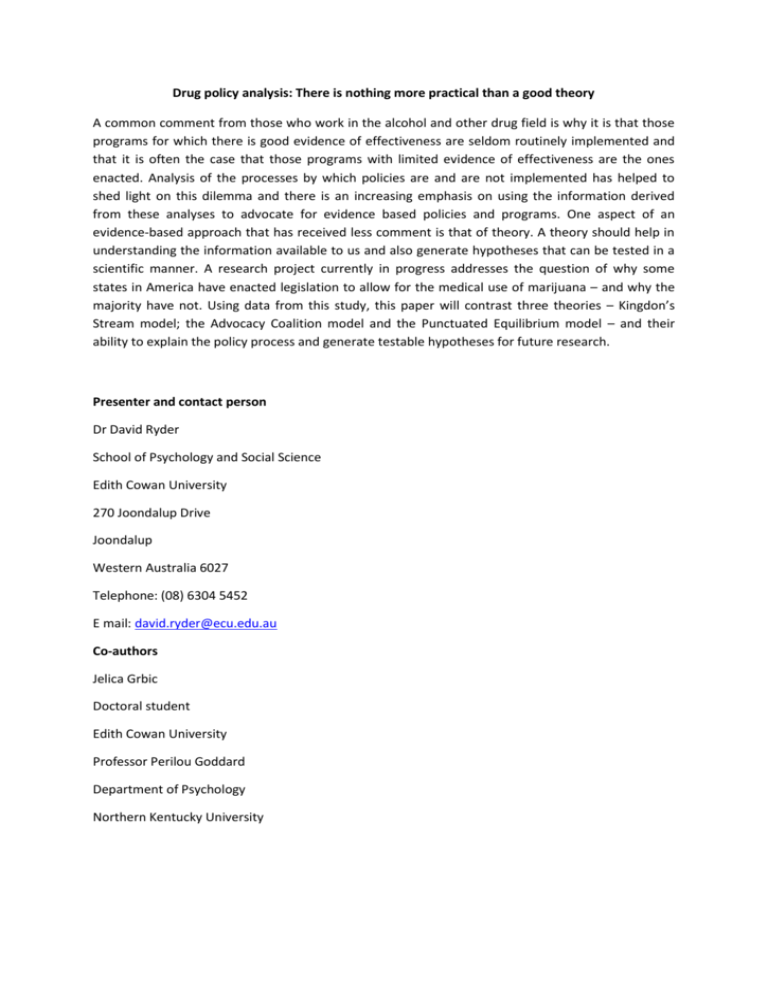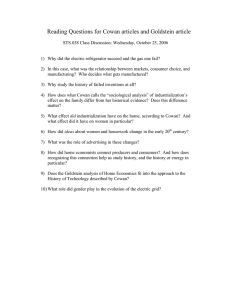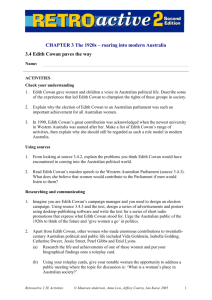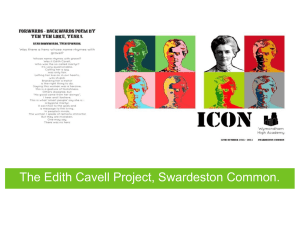There is nothing more practical than a good theory
advertisement

Drug policy analysis: There is nothing more practical than a good theory A common comment from those who work in the alcohol and other drug field is why it is that those programs for which there is good evidence of effectiveness are seldom routinely implemented and that it is often the case that those programs with limited evidence of effectiveness are the ones enacted. Analysis of the processes by which policies are and are not implemented has helped to shed light on this dilemma and there is an increasing emphasis on using the information derived from these analyses to advocate for evidence based policies and programs. One aspect of an evidence-based approach that has received less comment is that of theory. A theory should help in understanding the information available to us and also generate hypotheses that can be tested in a scientific manner. A research project currently in progress addresses the question of why some states in America have enacted legislation to allow for the medical use of marijuana – and why the majority have not. Using data from this study, this paper will contrast three theories – Kingdon’s Stream model; the Advocacy Coalition model and the Punctuated Equilibrium model – and their ability to explain the policy process and generate testable hypotheses for future research. Presenter and contact person Dr David Ryder School of Psychology and Social Science Edith Cowan University 270 Joondalup Drive Joondalup Western Australia 6027 Telephone: (08) 6304 5452 E mail: david.ryder@ecu.edu.au Co-authors Jelica Grbic Doctoral student Edith Cowan University Professor Perilou Goddard Department of Psychology Northern Kentucky University











